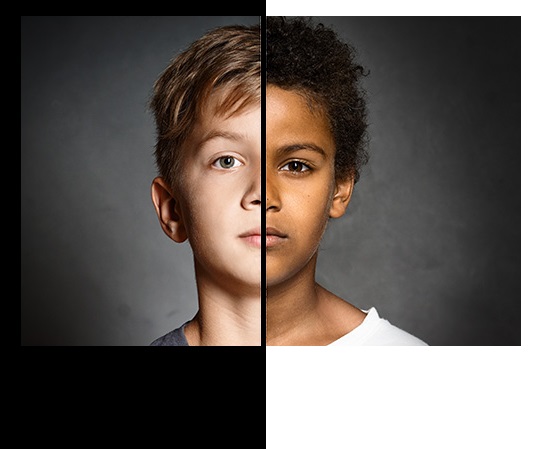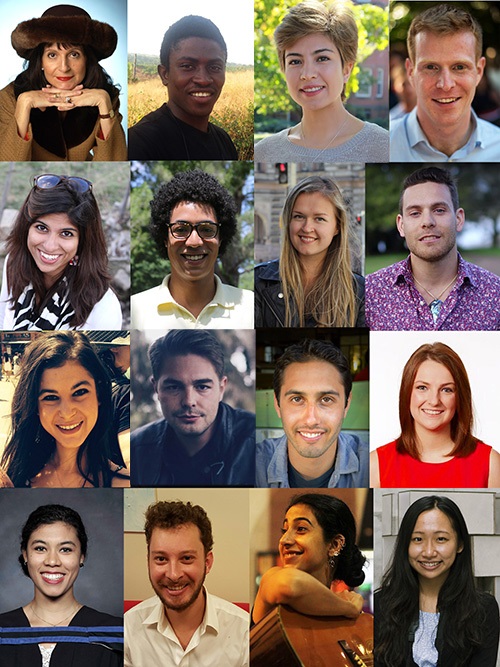Once again it’s Christmas Eve and time for our perennial Christmas post which seems to gain more relevance and urgency with each year. Merry Christmas to you all!
It seems that every where you turn these days, it is becoming incorrect to celebrate the Christmas holidays in “the manner in which you have become accustomed”- at least in the manner in which I have become accustomed.
To truly celebrate the Christmas season, and that’s what it is, no matter what anyone says, I have become open-minded and willing to accept EVERYONE’S ideas for the holiday season. If you disagree, please refrain from attending any “holiday” parties or dinners, taking the day off on December 25th or 26th (should you work for a company that still acknowledges these days as holidays) and carry on as usual. Should you happen to work for the government you are safe (for now) as they would never legislate against their own days off, although when it comes to politicians, I don’t believe never is in their vocabulary (particularly when it comes to matters involving taxes).
 The true “spirit” of the holiday season (oops, I meant to say Christmas) is for people to pause and give thanks. According to the man-made calendar of months and years, we are getting ready to start a New Year.
The true “spirit” of the holiday season (oops, I meant to say Christmas) is for people to pause and give thanks. According to the man-made calendar of months and years, we are getting ready to start a New Year.
We give thanks for the things we have received in the past (not to be confused with Thanksgiving, another man-made tradition) and offer gifts to the people that have blessed us over the past year.
Being the humble (not humbug, Mr. Scrooge) creatures that we are, we also accept gifts from others (although for most it is not OUR birthday), all the while muttering that we aren’t worthy. Once these gifts are exchanged, a significant amount of “Why would she buy me this?” and “I don’t NEED another scarf” or “Does he think I’m that big?” are voiced in private, to be repeated over the next month or so. In the days immediately following Christmas, our thankful spirit has usually been diminished significantly.
The greatest reason for pausing at the end of the year (and any time, for that matter) is to be grateful for what you have.
Being grateful does not mean that you have to thank every one in your life personally, and you DON’T have to buy them a gift. If you are expecting a gift from someone you are probably going to be disappointed, and if you don’t reciprocate in kind you are going to be REALLY disappointed. If you have chosen to be open-minded I want to thank you for getting this far. I hope that you will also be open to a spiritual suggestion that will make you feel happy inside even though you may have received nothing outside.
Whether it is Christmas, Rosh Hashanah, the Chinese New Year, Hanukkah or Guy Lombardo’s Rocking New Year’s Eve, let those people who enjoy these festivals enjoy them. When someone acknowledges you with a holiday greeting that you are unfamiliar with, don’t believe in or if it makes you blow a gasket, pause for a moment and reply with a hearty “That’s The Spirit!”. Unless they have an aversion to ghosts, that reply should be fairly safe no matter what the season.
Let others grumble and complain that Christmas is too commercialized, the spirit of giving has been lost (or is too expensive), kids are spoiled today, no one appreciates anything and the holidays are just too much of a hassle anymore. Bellowing “That’s The Spirit!” right back at them is a great stress reliever, and at the very least will allow them to walk away from you (quickly, perhaps) in much the same way Lucy was bowled over by Charlie Brown’s enthusiastic “That’s It!” in “A Charlie Brown Christmas”.
At the risk of revealing my upbringing, I wish everyone a “Merry Christmas”, “Happy New Year” and a “God bless us, everyone”. By the way, for me it truly IS a wonderful life… For the Silo, Rick Fess.



